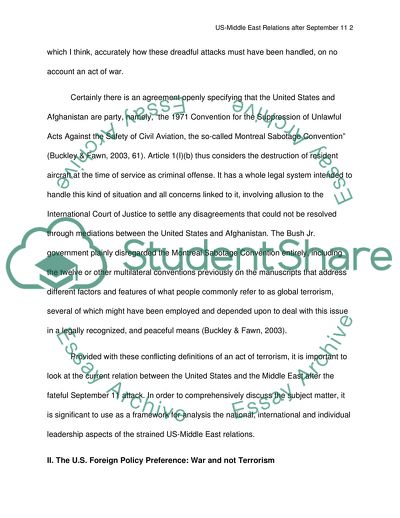Cite this document
(US-Middle East Relations after September 11 Case Study, n.d.)
US-Middle East Relations after September 11 Case Study. Retrieved from https://studentshare.org/politics/1722709-war-and-peace-in-the-middle-east-2
US-Middle East Relations after September 11 Case Study. Retrieved from https://studentshare.org/politics/1722709-war-and-peace-in-the-middle-east-2
(US-Middle East Relations After September 11 Case Study)
US-Middle East Relations After September 11 Case Study. https://studentshare.org/politics/1722709-war-and-peace-in-the-middle-east-2.
US-Middle East Relations After September 11 Case Study. https://studentshare.org/politics/1722709-war-and-peace-in-the-middle-east-2.
“US-Middle East Relations After September 11 Case Study”. https://studentshare.org/politics/1722709-war-and-peace-in-the-middle-east-2.


